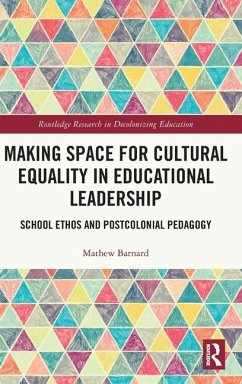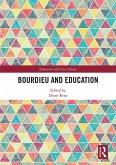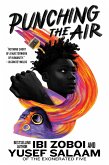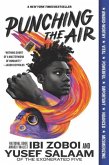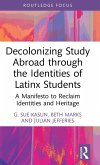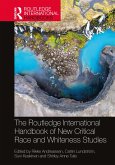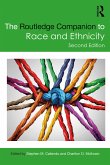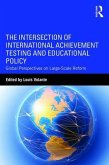This book foregrounds postcolonial theory as a lens through which to explore the concept of 'global heritage' and argues that the meso-level spaces of institutional ethos and cultural pedagogy must take an active role in the pursuit of cultural equality.
Through interviews and accounts of observational, empirical data, chapters draw attention to how the cultural capital of Global Majority students is institutionally positioned as a racialised and inferior cultural capital that is constantly required to 'prove itself' in the Western school. Ultimately, the book contributes to international discussion on decolonising education and the spaces within in order to enact change, further the field, and more precisely to recognise the importance of global heritage as vital to a transformative understanding of the West's cultural identity within a globalised world.
This book will appeal to scholars, researchers and post-graduate researchers in the fields of multicultural education, school leadership, management and administration, and education policy and politics more broadly. Those interested in social justice, ideas of cultural and racial equality, and the sociology of education more broadly will also benefit from the volume.
Through interviews and accounts of observational, empirical data, chapters draw attention to how the cultural capital of Global Majority students is institutionally positioned as a racialised and inferior cultural capital that is constantly required to 'prove itself' in the Western school. Ultimately, the book contributes to international discussion on decolonising education and the spaces within in order to enact change, further the field, and more precisely to recognise the importance of global heritage as vital to a transformative understanding of the West's cultural identity within a globalised world.
This book will appeal to scholars, researchers and post-graduate researchers in the fields of multicultural education, school leadership, management and administration, and education policy and politics more broadly. Those interested in social justice, ideas of cultural and racial equality, and the sociology of education more broadly will also benefit from the volume.

